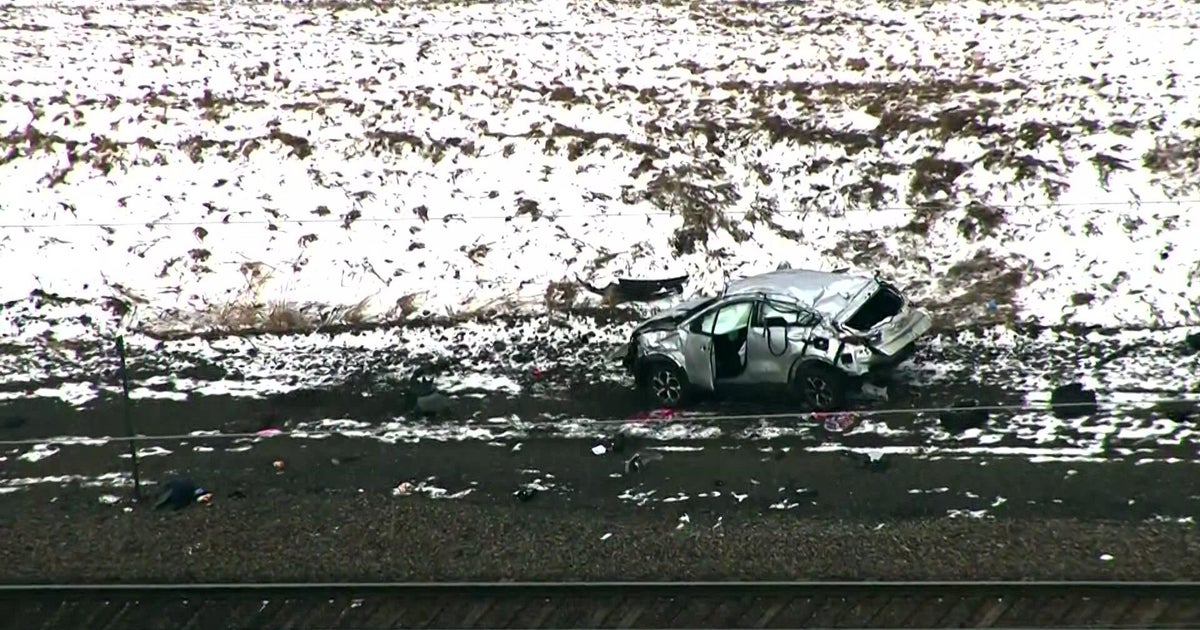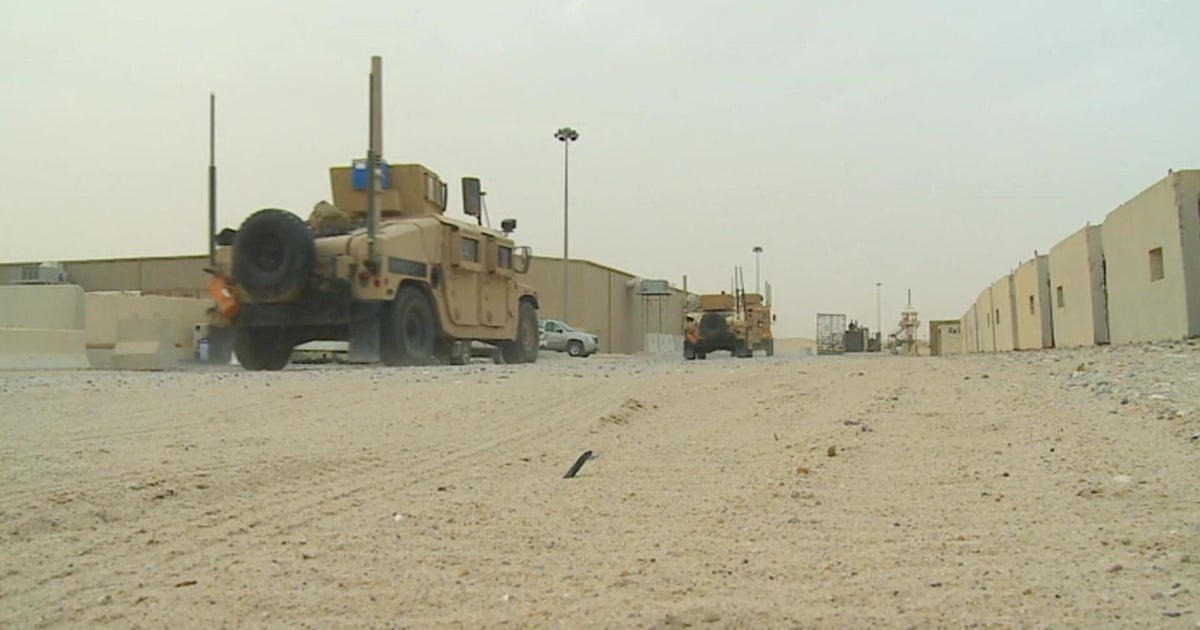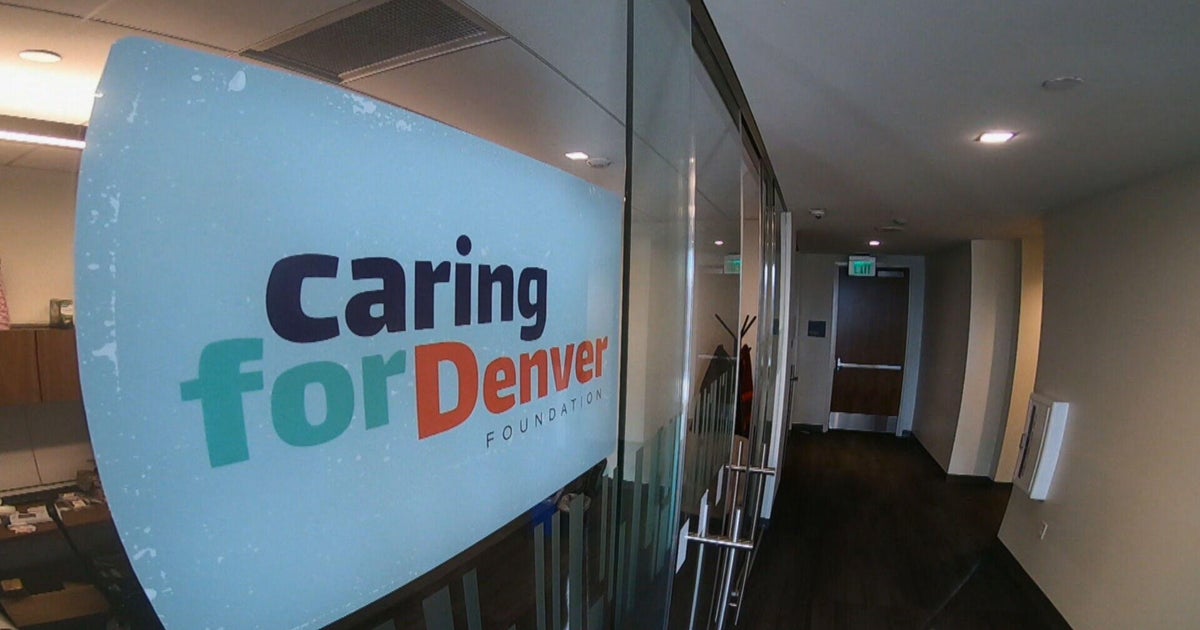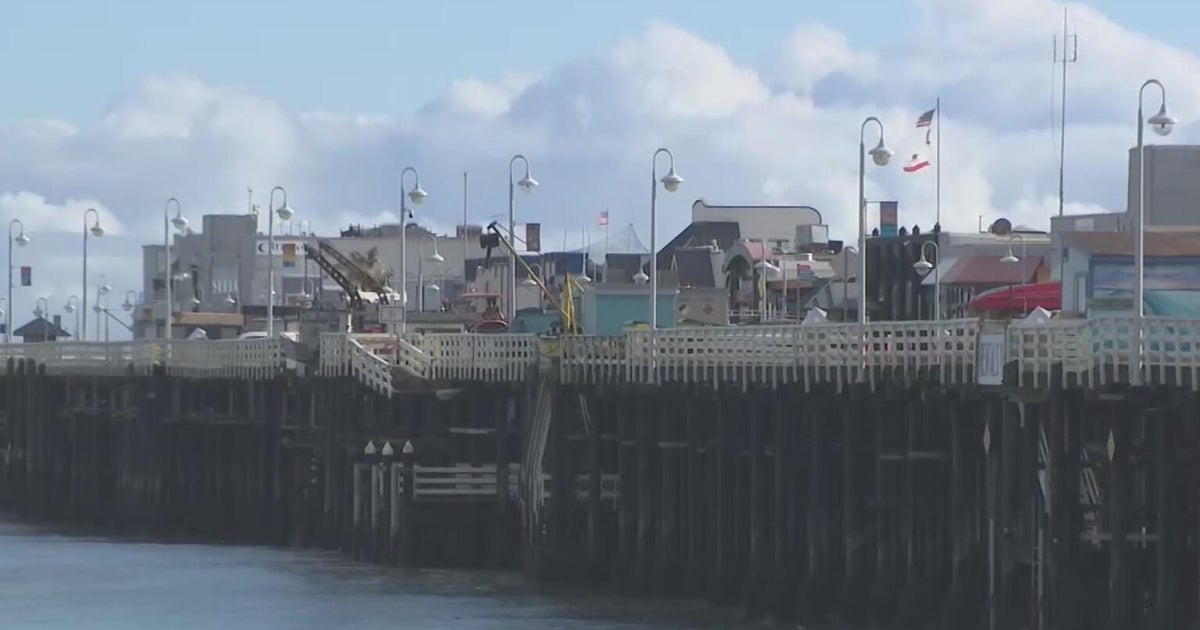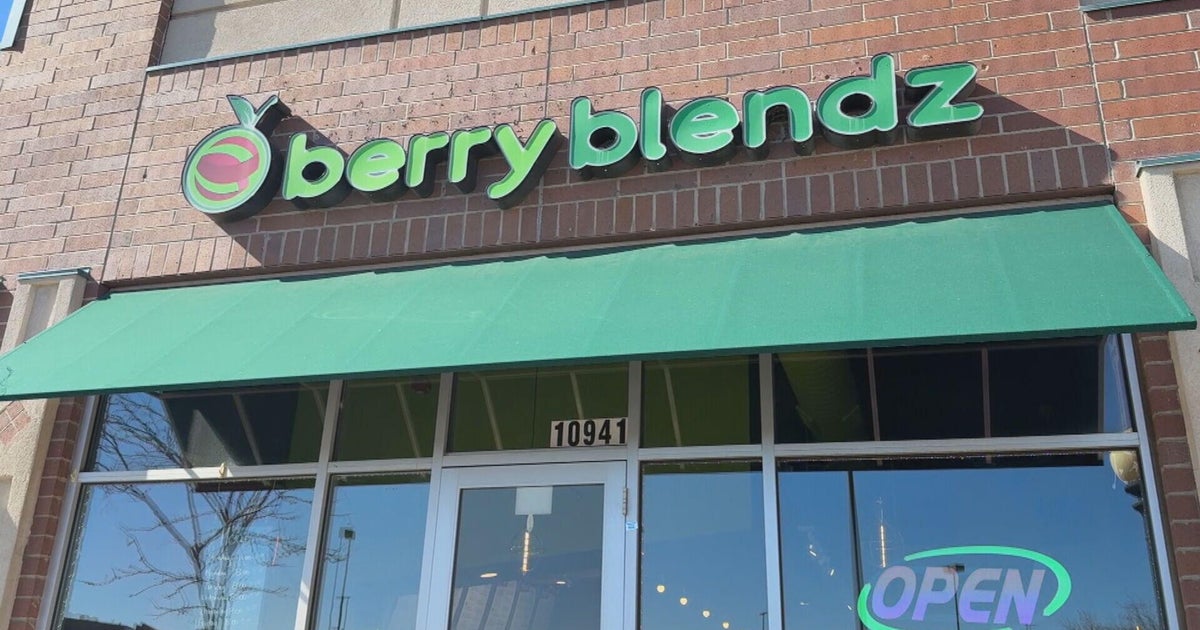Minnesota approved for federal funds to expand broadband grant program
MINNEAPOLIS – Broadband expansion in Minnesota is getting a boost after the U.S. Treasury announced on Thursday it approved the state's request to use federal funds for a key state program.
The $70 million federal officials authorized will support the Border-to-Border Broadband Development Grant Program, which has unlocked resources for broadband investments since 2014. The Minnesota Legislature earmarked the spending last summer when it set the state budget for the biennium, but it needed federal approval.
The money comes from Minnesota's share of special pandemic relief funds eligible for infrastructure improvements, including broadband.
"If they can get faster internet in Iceland, a country with active volcanoes spewing lava, maybe just maybe we can get it in rural Minnesota," said Sen. Amy Klobuchar, who highlighted the investment Thursday with other members of Congress in a virtual press conference. "This is going to be a big help."
More than 200,000 Minnesota households don't have access to wired broadband service with basic internet speeds and most of the underserved areas are in rural communities, according to state data.
The Office of Broadband Development administers the grants. A spokesman said the federal funds plus $25 million the legislature approved this session amounts to a historic investment in the program. The grants can cover up to 50% of a project's costs.
Separately, every state will receive at least $100 million for broadband from the Infrastructure Investment and Jobs Act approved by Congress last year. Minnesota and others could get even more money depending on need.
Brent Christensen, the CEO of Minnesota Telecom Alliance, a trade organization that represents rural broadband providers, said taken all together—state, federal and private investments—the funding will go a long way to expanding access in Minnesota.
"This is unparalleled—there has never been anything like this," he said of money available to support broadband. "This just tips the scale and makes it happen faster."
The costs to build out the infrastructure will vary depending on where in the state needs service, he said. Some areas are more difficult for installation than others. He also cautioned that supply chain issues and inflation impacting the price for materials will also affect these projects.
"This isn't just a you write one check and we're done tomorrow," he said. "At the end of the deal I have no doubt the vast majority of Minnesotans will have access to very quality broadband and this is going to be a huge part of that."
By law, the state has a 2022 goal for all businesses and households to at least have access to speeds of 25 megabits per second for downloads and 3 mbps for uploads, the benchmark speeds set by the Federal Communications Commission and a standard some call outdated.
Last year, a group of U.S. Senators asked the Biden administration to update the federal speed requirements to better reflect consumers' internet needs.
The 2026 state goal includes higher speeds.

